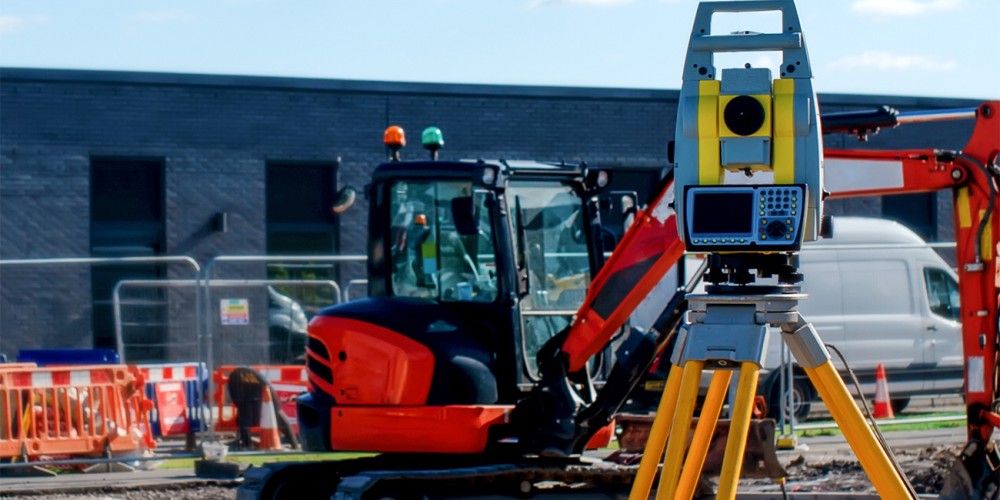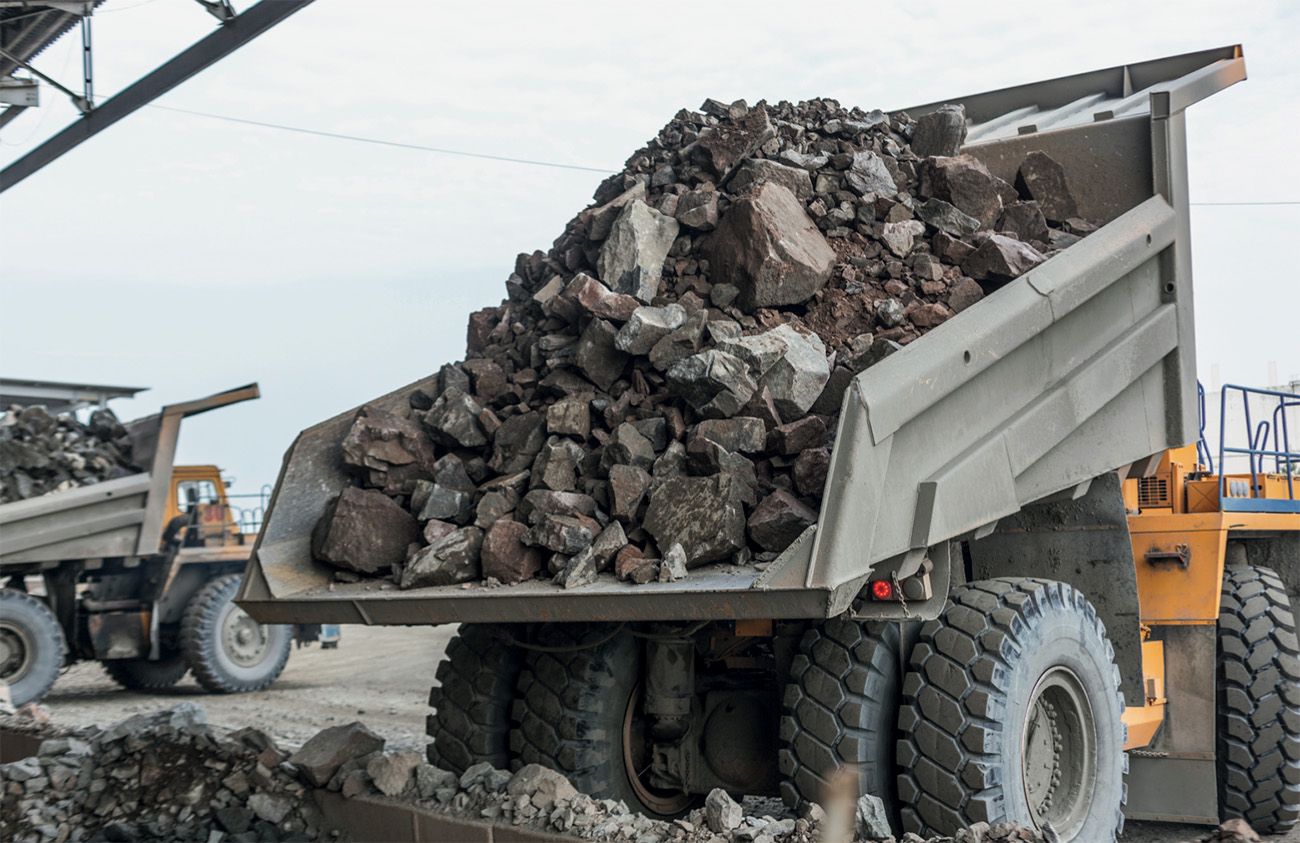Civil Construction: A requirement for a robust and reliable training pipeline
The project outlined the extent of the skilled labour shortage, delved into the structural factors which may be underlying these issues, explored conceptual solutions, and provided recommendations for vocational education and training in New Zealand

Project outputs
See AllThe issue
Shortages of skilled labour are a persistent and recurring problem in the New Zealand construction industry, posing constraints in periods of growth for decades. The training pipeline for civil construction has failed to keep pace with the growth in the sector. Over the past 10 years the civil workforce has increased by 23%, but unaddressed skill and worker shortages have compounded, resulting in this now being the key challenge for industry.
Researcher: Dr James Allan Jones
James is a researcher at ConCOVE Tūhura with a background in Economics and Engineering. His research aims to facilitate evidence-based decision-making and inform better societal outcomes. James brings a diverse toolkit including skills in literature synthesis, applied econometrics, spatial modelling, economic simulation, and machine learning. He has applied these skills to an array of topics and tricky problems, including the areas of infrastructure provision and urban development, sustainability, workplace wellbeing, gender dynamics, disruptive industries, communication, and vocational education.
James holds a Bachelor’s degree in Engineering (with honours) from Durham University (UK), a Bachelor of Commerce (with first class honours) from the University of Auckland and a PhD in Economics from the University of Auckland. James also holds a fellowship at the Economic Policy Centre where he contributes to research on urban development and growth, housing policy, transportation, and sustainability.
Project Status: Complete
Contract Research Organisation: Dr James Allan Jones

Related projects
Funding of workplace training and work-integrated learning for the construction and infrastructure industries
Funding of workplace training and work-integrated learning for the construction and infrastructure industries

Supporting technical experts to become work-based trainers
Developing and trialing tools and resources that support work-based trainers to improve their practice
Evaluation of government policy settings for apprentices
Understand the extent to which government apprenticeship policy settings are working

VET in schools: towards a model for Year 12 & 13 in New Zealand schools
VET in schools: towards a model for Year 12 & 13 in New Zealand
Degree-level apprenticeship (DLA) comparative pilot
Degree-level apprenticeship pilots
Investigating training advisors in work-based learning in the construction and infrastructure sectors
Analysing systemic forces for workforce development alongside
The place of micro-credentials in New Zealand
The place of micro-credentials in New Zealand

Workforce journey indicators data dashboard
A data project to understand how people navigate in and out of the construction workforce
Offsite manufacturing workforce forecast
Forecasting the size of the offsite manufacturing workforce required across the next 5-10 years
Where is the front door? An investigation into the workforce entry points within the Construction and Infrastructure sector
Mapping the multiple entry points into the construction and infrastructure sectors

Environmental competency training
Ascertaining the specific skills required to meet the government’s environmental goals
Framework for Māori in high-skill roles
Understanding skills shortages experienced by Māori firms to support Māori into high-skill roles

From skilled industry practitioner to Kaiako
Analysing the current kaiako training to identify effective practices in classroom-based tertiary education

Temporary traffic management credentials framework
Informing the development of an improved TTM Credentials Framework

The New Zealand Quarrying Industry’s Possible Futures Toward 2030
Predicting the trends that will impact the quarrying industry to guide quarrying practice
Women’s experiences working in Construction and Infrastructure
Women’s experiences working in Construction and Infrastructure
Skill standards
Good Practice in the Development and Implementation of Skill Standards-Based Qualifications
Neurodiversity
Neurodiversity
Pathways to Successful SMEs
Pathways to Successful SMEs
A Case Study: Cook Brothers Apprentice Academy
A Case Study: Cook Brothers Apprentice Academy

AI Generated Assessment
Using artificial intelligence to create high-quality, engaging, and personalised assessments
A Case Study: Augmented reality in welding training
A Case Study: Augmented reality in welding training
Future workforce skills for Māori and Pasifika owned businesses in construction
Industry Analysis
ConstrucTrend: Vocational Workforce Survey
ConstrucTrend: Vocational Workforce Survey
Co-design guidance for allyship (upstander/ bystander) training
Practical guidance for providers and employers to implement allyship/upstander training in their organisation…
